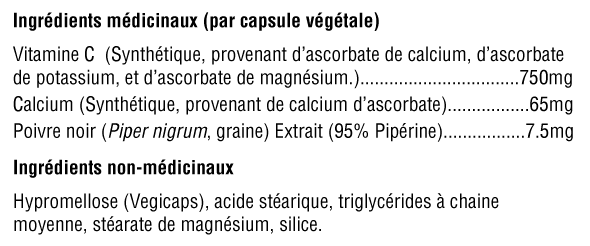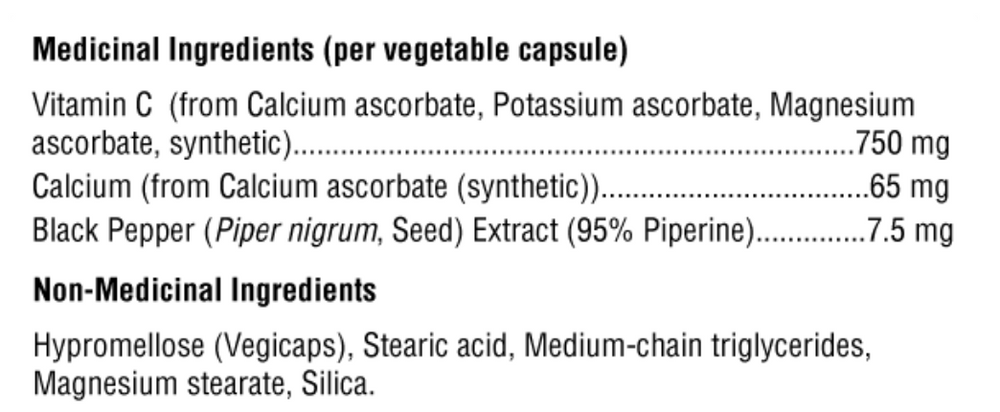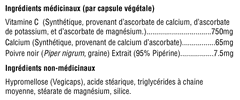





Excellent C
- 49.99$
0.00$- 49.99$
- Unit price
- per
Description
x- Vitamin C provides quality protection thanks to its antioxidants and is necessary for the production of collagen. Collagen helps in the proper development and maintenance of bones, cartilage, teeth, gums, and connective tissue including blood vessels.
Vitamin C (ascorbic acid) is a water-soluble vitamin essential to humans and must be obtained exogenously. While most mammals are capable of synthesizing vitamin C, humans are unable to do so. This is due to the fact that humans lack one of the enzymes necessary for the synthesis of vitamin C from glucose. Stress, smoking, pollution, radiation and heavy metal exposure, immune challenge, and temperature changes all increase human vitamin C requirements. Well-known functions of this versatile vitamin include antioxidant protection against free radicals and oxidative processes; synthesis of collagen, carnitine, and neurotransmitters; and immune stimulation and support.
Vitamin C functions as a cofactor for several metabolic enzymes and is involved in protein metabolism. It also plays a lesser-known role in deactivating histamine.
Produits recommandés
Produits récemment consultés
- Choosing a selection results in a full page refresh.




